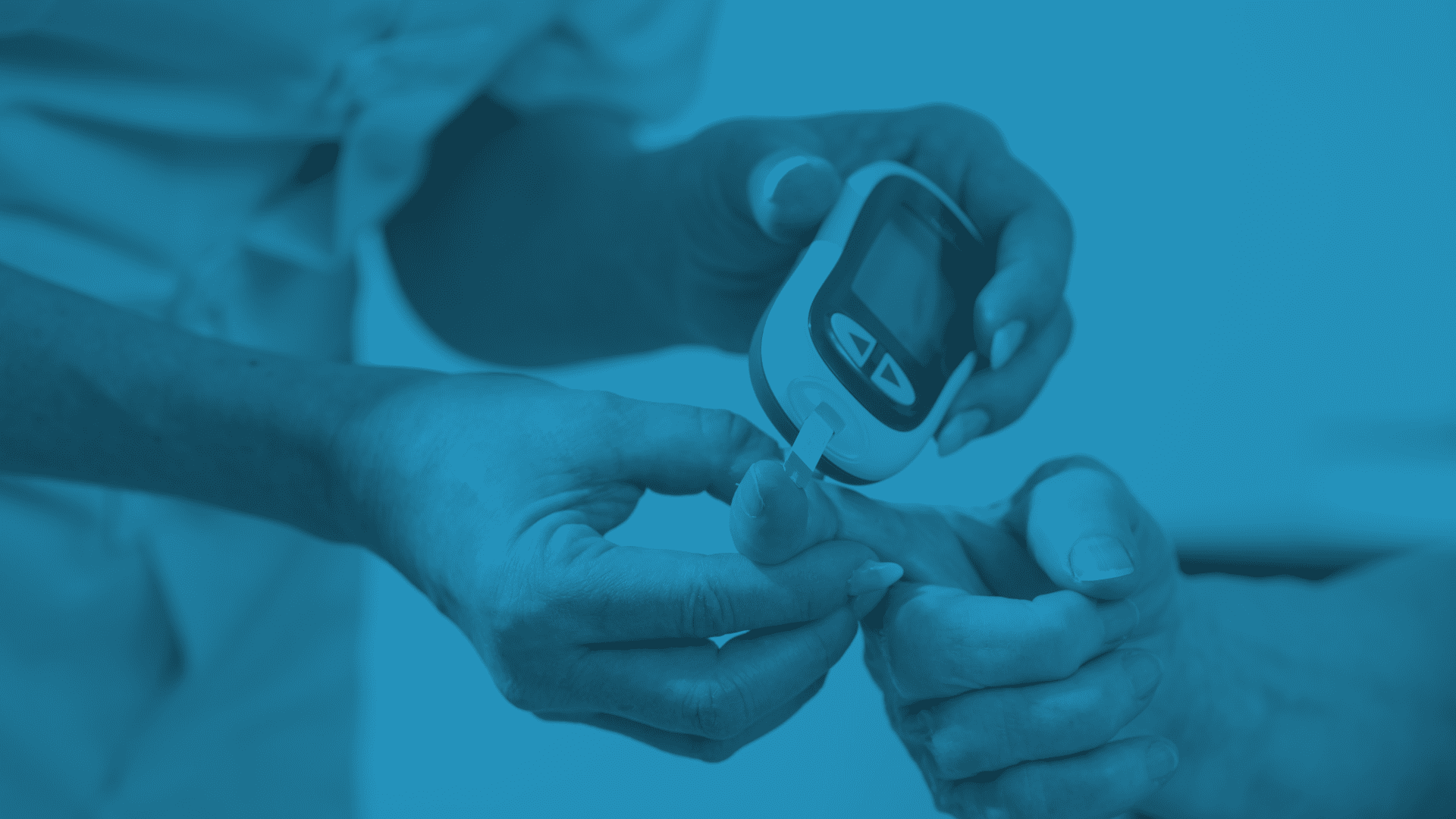Should You Keep Aspirin in Your Pocket as an Emergency Drug? 🏥💊
Aspirin has long been hailed as a potential lifesaver during heart emergencies, but is it right for you to carry one around? Let’s explore the factors to consider:
When is Aspirin Useful?
If you experience symptoms of a heart attack—like intense chest pain, shortness of breath, or pain radiating to your arms—chewing a regular aspirin (325 mg) might help minimize severity by reducing blood clot formation.
Who Should Consider It?
– Individuals with known heart disease
– Those with a history of heart attacks
– People at high risk for cardiovascular events
However, it’s crucial to consult your healthcare provider before making aspirin part of your emergency plan.
Potential Risks of Carrying Aspirin
– Misuse can lead to bleeding risks, especially gastrointestinal or intracranial.
– Conditions that increase bleeding risk (ulcers, certain medications) may make carrying aspirin more harmful than beneficial.
– Some conditions mimic heart attacks, where aspirin can worsen bleeding.
Always Consult with Your Physician
Aspirin isn’t universally recommended for emergencies due to potential risks. Discuss with your healthcare provider if it’s suitable for your situation.
Other Emergency Medications?
Sorbitrate (Isosorbide Dinitrate): Not recommended as an emergency drug; could be harmful in acute heart attacks with low blood pressure.
No recommendation for statins or blood thinners for immediate use.
If you suspect a heart attack, head directly to the nearest medical facility for urgent evaluation, including ECG and blood tests (high sensitivity Troponin). Timely medical intervention is crucial.
Remember, informed decisions guided by professional advice are key to managing health emergencies effectively. Stay safe and proactive! 💪❤️





